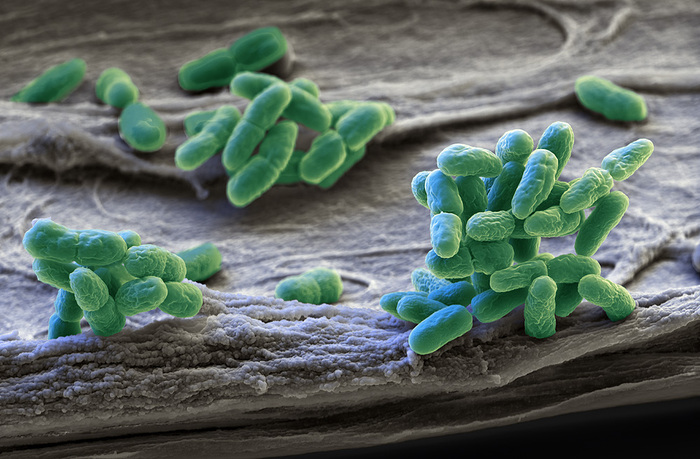The first biological photovoltaic cells are ready, fed with bacteria that produce energy through photosynthesis, in sufficient quantity to recharge small devices, such as smartwatches and temperature sensors.
The research group led by the Italian Paolo Bombelli, from the University of Cambridge and the University of Milan, made them, which has already tested their efficiency by powering a microprocessor for over a year, using nothing but light and water.
The study, published in the journal Energy & Environmental Science, opens the door to a new, reliable and sustainable way to fuel the growing energy demand of the Internet of Things.
"The system is still active after a year, even if it is no longer connected to the microprocessor," Bombelli told ANSA.
“It is currently in our laboratory, where we continue to record the energy it produces - adds the researcher - but without using it to operate other devices.
Initially we thought it would stop after a few weeks, but it just kept working ”.
The system, similar in size to a normal battery, contains a genus of cyanobacteria called Synechocystis, often improperly called 'blue algae', able to survive even through photosynthesis.
The researchers used very common, inexpensive and recyclable materials, making these biological photovoltaic cells easy to produce on an industrial scale.
The bacteria also continue to work and generate electricity even in the absence of light, albeit to a lesser extent.
“This is because part of the electrons are generated through alternative pathways to photosynthesis”, explains Bombelli.
"Having said that, leaving the system in the absence of light in a constant and prolonged way, the production would run out."

